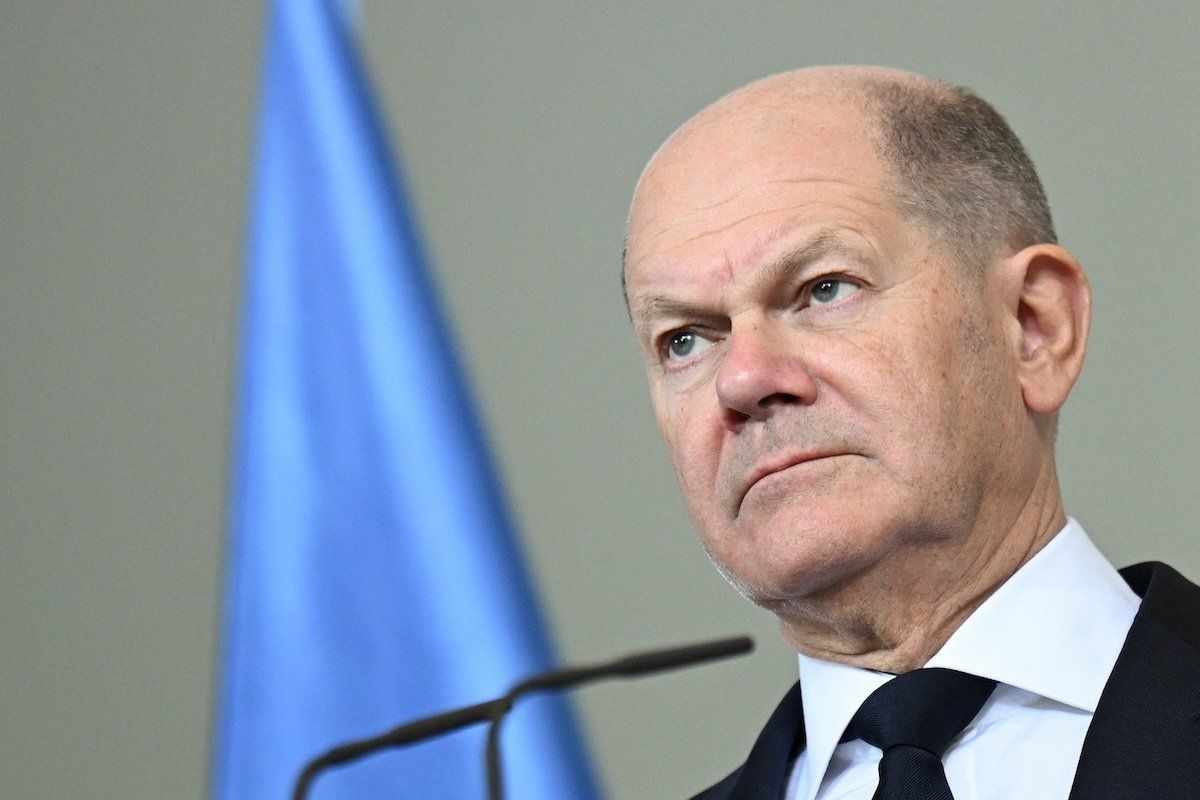The government of Europe’s largest economy looked closer than ever to collapse on Tuesday as Germany’s ruling coalition remained unable to agree on a budgetary package proposal.
The coalition has always been a somewhat awkward, loveless marriage between Chancellor Olaf Scholz’s center-left Social Democrats, the left-wing ecologist Greens, and the center-right Free Democrats.
But the differences reached crisis levels last week when the Free Democrats proposed a budget that included spending cuts and deregulation plans that Scholz couldn’t agree with, alongside emissions target postponements that angered the Greens.
The bigger picture is that Germany’s economy is struggling badly, and the government is trying to find ways to boost growth without running afoul of strict fiscal stability rules. After the Free Democrats proposal was rejected, the party leader told his coalition partners to draft their own proposals if they liked.
The coalition is set to meet on Wednesday for a summit that could determine its future. If it collapses, Scholz would have to choose whether to try to govern with a minority government until the next scheduled elections in fall 2025 or call Germans to the polls early.